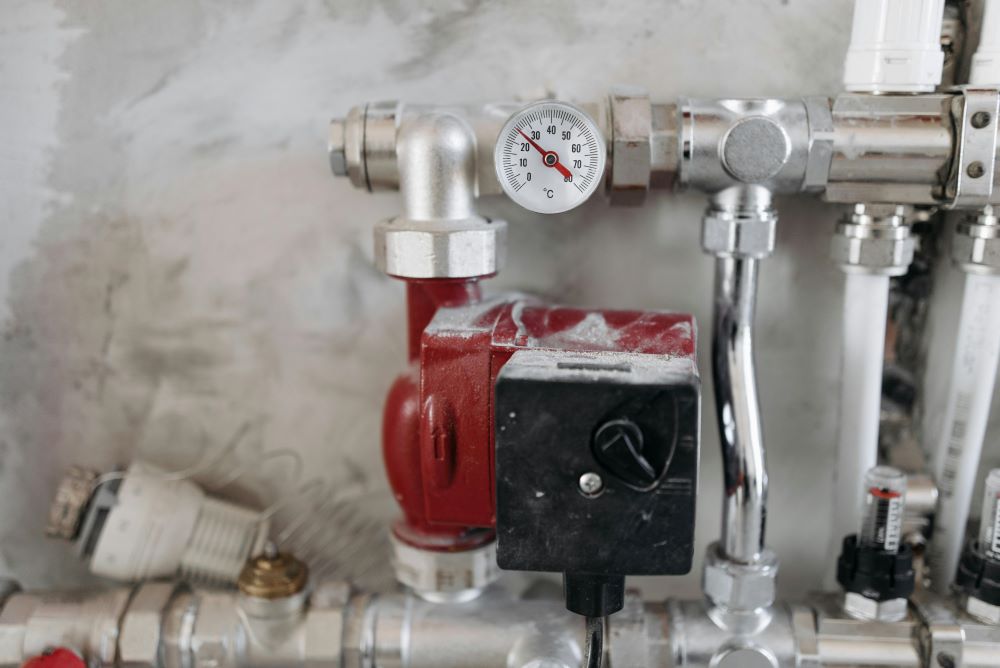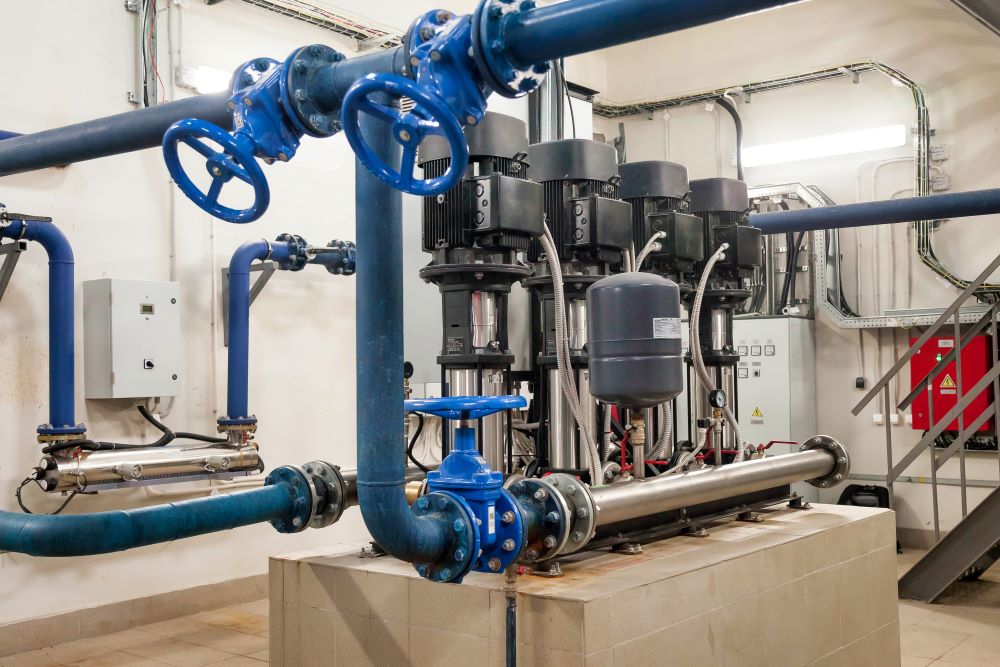How Do Water Pumps Work? A Complete Guide

Water pumps are crucial for efficient water management across industries and applications. This tool has existed for centuries and has undergone many innovations and advancements, birthing many different types.
With countless water pump options and brands already in the market, it’s essential to understand how they work and which one is right for your needs.
This article teaches you how do water pumps work and their different types and applications.
What is a Water Pump?
A water pump is a mechanical device that moves, compresses, or transfers water from one place to another. The tool’s mechanical action creates the force for water to move with pressure and in the manner the system needs.
The concept and earliest version of water pumps date back to ancient civilisations. Since then, water pumps have continuously evolved from mechanically driven to today’s smart pumps.
Many industries and households rely on water pumps as they ensure clean water reaches homes, agricultural lands are irrigated, and factories have efficient water systems.
How Do Water Pumps Work?
The inner workings of water pumps sound complex, but at their core is a common mechanical principle: energy utilisation to move fluids.
Answering the question “How do water pumps work” further, below are the fundamentals of how water pumps operate.
Core Concepts
Pump Supplies compare the concept of a water pump to drinking using a straw–as you suck on the straw, a pressure difference is created.
Similarly, water pumps create the same type of pressure, which draws water in and moves it to another place.
Components of a Water Pump
Though components vary depending on water pump types, there are some essential ones that you can note:
- Impellers: Consider the heart of the pump as they create centrifugal force to move water.
- Seals: These are assigned to apply pressure and act as a cover to prevent water from flowing out.
- Valves: Control the flow of water and prevent backflow.
- Inlets: This is the water’s entry point to the pump house.
- Outlets: Use to discharge water.
Step-by-Step Process
- Water Intake: Once the impeller inside the pump begins to rotate, the centrifugal force will start pushing water out while the pump’s inlet draws water from the source.
- Pressure Creation: Mechanical energy creates pressure to move the water.
- Discharge: After the water is drawn and there’s pressure, water is expelled through the outlet to its destination.
Types of Water Pumps
Centrifugal Pumps
A centrifugal pump is ideal if the nature of the pump’s application is moving large volumes of low-viscosity liquid at a high flow rate. It uses the impeller’s rotation to effectively generate force and transport the water.
Positive Displacement Pumps
This type of pump takes and stores water and then expels it out of the system with pressure and force.
Positive displacement pumps are suitable for industrial applications as they can constantly deliver a certain amount of water in high-pressure, low-flow manners.
Submersible Pumps
As the name suggests, a submersible pump is designed to operate underwater and features completely shut-off seals. This type is usually used in deep wells and flooded areas.
Industrial Water Pumps
This heavy-duty pump has extraordinary capabilities to handle large-scale industrial operations. Industrial water pumps are created to move dirty water, chemicals, and even slurries in construction and factories.

Applications of Water Pumps
| Application | Tasks |
| Residential |
|
| Agricultural |
|
| Industrial |
|
| Commercial |
|
How to Choose the Right Water Pump
If you’re deciding on which water pump you need, carefully consider these factors:
- Flow Rate: Check how much water the pump can move within a specific time.
- Pressure Requirements: Identify your application pressure needs and look for a water pump to support it.
- Energy Efficiency: Choose an energy-efficient pump, especially if you’ll use it for industrial or commercial tasks. It’ll help reduce operational costs.
- Type of Water: Get a pump that can handle the fluid you normally handle—whether it’s clean water, dirty water, or slurry.
The Value of Understanding Water Pumps
Water pumps can help you achieve a more effective and efficient system that could improve your overall operations.
But if you want to maximise water pumps’ benefits, get an answer to your question “How do water pumps work?” and understand their types. Choosing the most suitable type can save you time and guarantee reduced long-term costs.
So, if you’re ready to discuss your water pump needs, don’t hesitate to contact a certified equipment and water pump supplier like Lian Beng Machinery Co.
We are Singapore’s reliable industrial machinery supplier, offering advice and various top-notch water pumps that are perfect for your needs.
All our products are exported worldwide and meet industry standards and codes. Message us to learn more!
